John is warning us about hacks as he describes what a DEX is in his vision : Traditional exchanges, where people buy and sell cryptocurrencies, have a lot of money available for trading, but they also have risks because users don't have control over their assets. In some cases, like with KuCoin in September 2020, hacks can lead to huge losses.
Because of these risks, more and more people are using Decentralized Exchanges (DEXs). DEXs use smart contracts and direct blockchain transactions to make trading safer and more direct, without needing a middleman like a traditional exchange.
To his knowledge, there are 2 types of DEXs :
- Order book-based DEXs: These are similar to traditional exchanges (CEXs). Users can place buy and sell orders at specific prices or at the current market price. The key difference is that, with DEXs, users keep their assets in their own wallets, not on the exchange.
- Liquidity pool-based DEXs: DEXs like Uniswap and Balancer work differently. Users provide their assets to create pools of funds. These users, called liquidity providers, earn small fees when others trade in these pools. It's like you become a mini-exchange yourself.
However, liquidity pool DEXs have their own issue called "Impermanent Loss," which means you might not always profit as a liquidity provider because of how prices change in the pools. Popular DEXs include Uniswap, Kyber Network, Curve Finance, dYdX, and SushiSwap.
Next, John is asking our help in understanding more concepts about Dexs.
"So what exactly are the limitations of DEX?" Glad that you asked that John :
- Less Liquidity: DEXs often have fewer people trading compared to big centralized exchanges (CEXs). This means that the prices for buying and selling can be less favorable on DEXs, leading to potentially worse deals. However, some popular DEXs have improved this.
- Fewer Features: Centralized exchanges offer advanced trading options like limit orders and stop-loss orders. DEXs usually don't have these features, although some are adding them now to compete better with CEXs.
- Blockchain Limitations: DEXs typically let you trade tokens on the same blockchain. For example, Ethereum-based DEXs only handle Ethereum and related tokens. Centralized exchanges allow trading between different blockchains, but cross-chain DEXs are being developed.
- Higher Costs: Using DEXs can be costly, especially on busy blockchain networks like Ethereum, where transaction fees (gas costs) can be high. However, the popularity of DeFi is pushing for improvements.
Despite these limitations, DEXs are gaining popularity and evolving. In the future, they might become even more competitive with centralized exchanges, offering more features and trading options.
"Cool, would you mind telling me about Uniswap?" No problem John, here is a brief explanation:
Uniswap is like a magic token swapper on the Ethereum blockchain. It lets you trade tokens directly from your wallet without using a regular exchange. Instead of the usual process of depositing, ordering, and withdrawing, you just send your tokens to Uniswap, and it sends you the ones you want back. No order book, and it uses special pools and math to set the exchange rate. It's quick and easy.
"And how is a liquidity pool working on Uniswap?" It's simple, just pay attention to the numbers :
Liquidity pools are like treasure chests of tokens stored in Uniswap's smart contracts. They're used for trading. Imagine a pool with 100 ETH and 20,000 DAI. If you want to buy ETH with DAI, you send 202.02 DAI to the pool, and you get 1 ETH in return. After the trade, the pool has 99 ETH and 20,202.02 DAI.
People who put tokens in these pools are called liquidity providers. They do this to earn a slice of Uniswap's 0.3% transaction fee, which is charged for every trade. Anyone can be a liquidity provider as long as they have ETH and the token they want to trade. Lots of ETH, over 2.3 million, is locked into Uniswap's pools. The more tokens a pool has, the more it influences the prices set by Uniswap's automated system.
"And how does this Automated Market Maker Mechanism work?" Here is your answer John:
The Automated Market Maker (AMM) is like a pricing robot that sets the prices of tokens in a pool. It uses a Constant Product formula based on how many tokens are in the pool.
For example, let's say there are 100 ETH and 20,000 DAI in the ETH-DAI pool. The AMM multiplies these amounts to get a Constant Product, which is always the same, in this case, 2,000,000.
When someone buys ETH with DAI, ETH is taken out of the pool, and DAI is added. The price of ETH goes up as you buy more because of this formula. So, if you buy a lot of ETH, you pay a bit more for each one compared to the original price.
"Cool, what if I want to create and add a token to *help* people?" NO JOHN, DON'T JOIN THE DARK SIDE :
Uniswap is decentralized, so there's no team or authority to decide which tokens get listed. Instead, anyone can list an ERC-20 token on Uniswap as long as there's enough liquidity for that token pair.
To do this, you simply interact with Uniswap and register the new token. Then, a new market is created for that token, and people can trade it. It's a simple process, and you don't need anyone's permission.
"I promise that I won't do any rug pulls. Got a step-by-step guide for Uniswap?" I am trusting you with my seed Joh on this. I do actually have what you are asking for :
Swapping Tokens:
- Go to https://app.uniswap.org/ and click "swap token."
- Connect your wallet, like Metamask. It's free, and you just need to sign a transaction.
- After connecting, choose the tokens you want to trade. For example, let's use DAI to buy ETH.
- If it's your first time with a specific token, you'll need to unlock it by paying a small fee. You'll see another transaction prompt.
- Once confirmed, you'll have your ETH!
Providing Liquidity:
- Go to "Pool" and click "Add Liquidity." Enter the amount of liquidity you want to provide. For instance, you could provide 50 DAI and 0.0380 ETH.
- Make sure you have an equivalent amount of ETH to provide liquidity for that token.
- After clicking "add liquidity," you'll see the amount of pool tokens you'll receive and a prompt to sign another transaction.
- Once confirmed, you're now a liquidity provider and can earn a share of exchange fees.
Withdraw Liquidity:
- If you no longer want to provide liquidity, go back to the pool and select "remove liquidity."
- You'll get back slightly less DAI but more ETH compared to what you initially provided.
- Keep in mind that the ratio of your ETH and DAI may change, as that's how liquidity pools work. Removing liquidity later may result in a different proportion of DAI to ETH.
- The pool tokens represent your share of the liquidity pool. When you remove liquidity, you'll "burn" these tokens to get back your DAI and ETH.
"Ok, thanks for the info, have a ni-" Wait a second John, I am not done yet. We need to talk about DEX Aggregators :
Imagine you want to make a big trade, but you don't want to mess up the prices. Different exchanges have different prices for the same crypto, and if you're not careful, you might pay more than you should.
So, traders often split their big trades into smaller ones and use different exchanges to get better prices. Doing this manually is a headache, though.
That's where DEX aggregators come in. They're like your trading assistants. They gather prices from lots of different exchanges and figure out the best way to split your big trade into smaller, smarter parts.
For example, if you're buying a lot of crypto, a DEX aggregator might say, "Okay, let's buy some on this exchange, some on that one, and a bit more over there. That way, you get the best overall price."
It's like bargain shopping for crypto, and it saves you time and money. Some popular DEX aggregators are 1inch, Paraswap, and Matcha.
So, instead of juggling multiple exchanges yourself, these DEX aggregators make the process easy and efficient.
"Tell me more about 1inch" You have only 1inch or why? I am joking John, here is your answer:
1inch is like a super-smart assistant for people who want to trade cryptocurrencies. Here's how it works:
Imagine you want to buy or sell some cryptocurrencies, and you want to get the best deal. But there are lots of places to trade these cryptos, and the prices can vary a lot.
1inch looks at more than 40 different places where you can trade, instead of just one. It's like checking prices at multiple stores before buying something. This way, you can be sure you're getting the best price.
If you're making a big trade, 1inch can split it into smaller parts and use different places to get the best prices for each part. This helps you save money and avoid paying too much.
Plus, it's efficient. Instead of doing lots of separate transactions, 1inch bundles them into one, which saves you money on transaction fees.
To do all this, 1inch uses its special computer program called Pathfinder. It looks at different places to trade, like Uniswap and Balancer, and even 1inch's own thing called Mooniswap. Then, it tells you the best way to trade your crypto.
Now, using 1inch doesn't cost extra money itself. It depends on the fees of the places where you trade. For example, if you trade on Uniswap, you might pay a 0.3% fee.
Also, 1inch has its own special token called 1INCH. If you have this token, you can have a say in how 1inch works. You can vote on things like fees, rewards, and other important stuff.
So, 1inch is like your crypto shopping assistant. It finds you the best deals, saves you money, and even lets you have a say in how it works. Pretty cool, right?
"Are you going to leave me hanging? Give me a guide homie" Sure thing John, calm down:
Step 1:
- Go to 1inch.exchange.
- Click on "Connect Wallet" at the top right corner.
Step 2:
- Tick the box to agree to the Terms & Conditions.
- Choose which wallet you want to connect to.
Step 3:
- Pick the pair of cryptocurrencies you want to trade.
- Let's say you want to swap Ether for Wrapped Ether (another kind of Ether).
Step 4:
- Enter the amount of tokens you want to trade.
- 1inch will tell you how many tokens you'll get in return.
- You can choose to swap tokens based on getting the most return or spending the least on transaction fees. Just click on the option you like.
- If you're happy with the prices, click "SWAP Token" to start your trade.
- For limit orders, you'll also need to enter the price you want and when the trade should expire.
Step 5:
- You'll see the rates, the minimum tokens you might get, and the transaction costs.
- Click "Confirm Swap" to go ahead with the trade.
- Confirm the trade in your wallet.
- Once your wallet confirms the trade, you're all done!
TL;DR :
DEXs vs. Traditional Exchanges:
- DEXs are safer than traditional exchanges.
- Two types: Order book-based and Liquidity pool-based.
- Popular DEXs: Uniswap, Kyber Network, Curve Finance, dYdX, SushiSwap.
Limitations of DEXs:
- Lower liquidity but improving.
- Fewer features but adding more.
- Limited to the same blockchain.
- Higher costs, but improving.
Uniswap:
- Swap tokens directly from your wallet.
- Uses liquidity pools and math for quick exchanges.
1inch:
- Aggregates prices from over 40 sources.
- Splits large trades for best prices and gas savings.
- Uses Pathfinder algorithm.
- No extra fees; depends on DEX fees.
- 1INCH token for governance.
All of the info above was writtenby me with the help of the How to Defi book from Coingecko. Hope it helped others like it did for our boy John here!
[link] [comments]

You can get bonuses upto $100 FREE BONUS when you:
💰 Install these recommended apps:
💲 SocialGood - 100% Crypto Back on Everyday Shopping
💲 xPortal - The DeFi For The Next Billion
💲 CryptoTab Browser - Lightweight, fast, and ready to mine!
💰 Register on these recommended exchanges:
🟡 Binance🟡 Bitfinex🟡 Bitmart🟡 Bittrex🟡 Bitget
🟡 CoinEx🟡 Crypto.com🟡 Gate.io🟡 Huobi🟡 Kucoin.
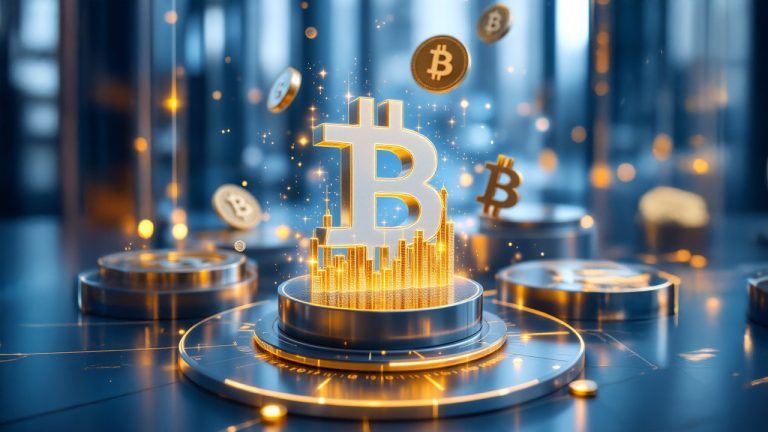






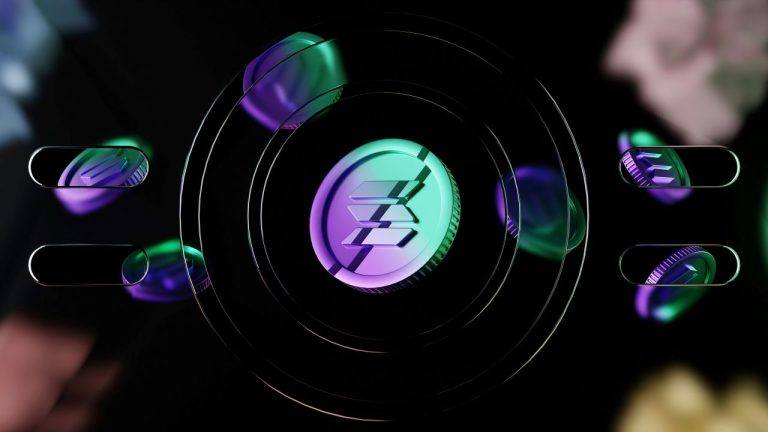



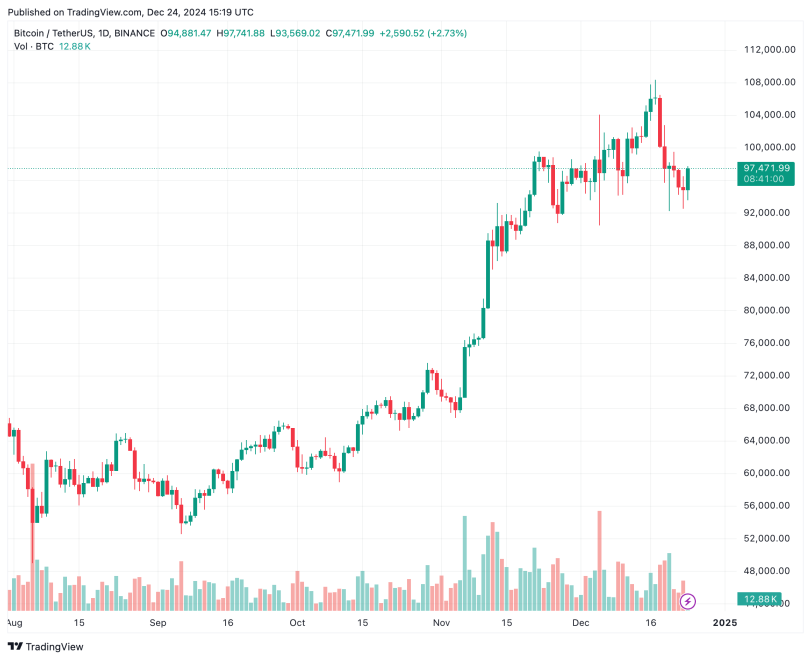

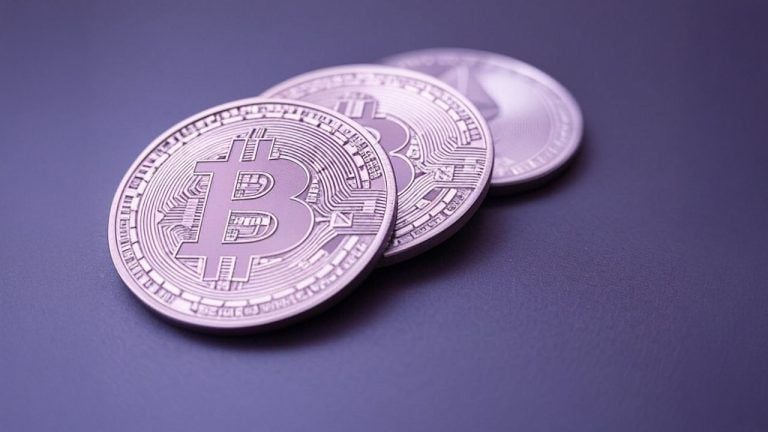

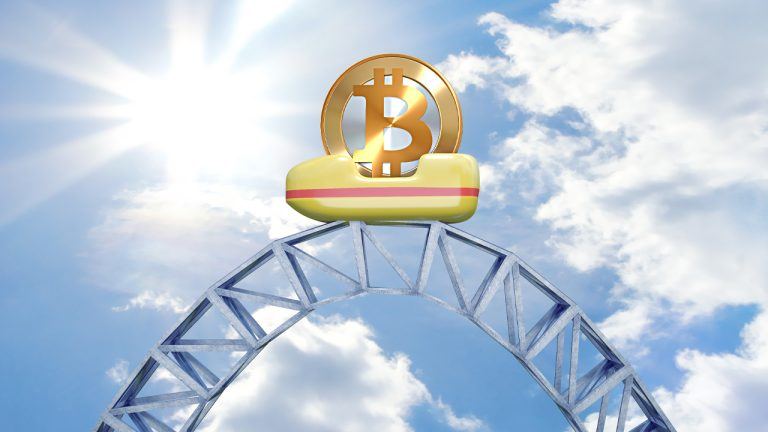
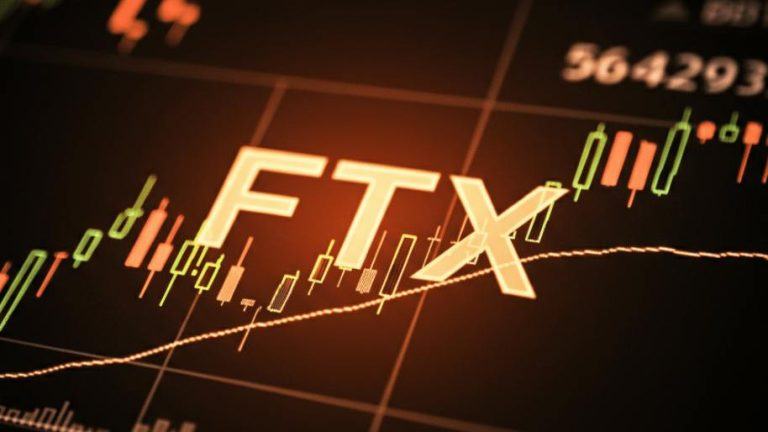

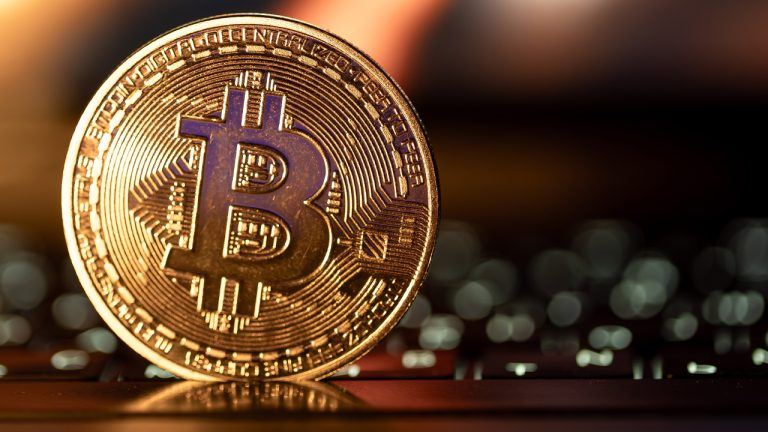

Comments